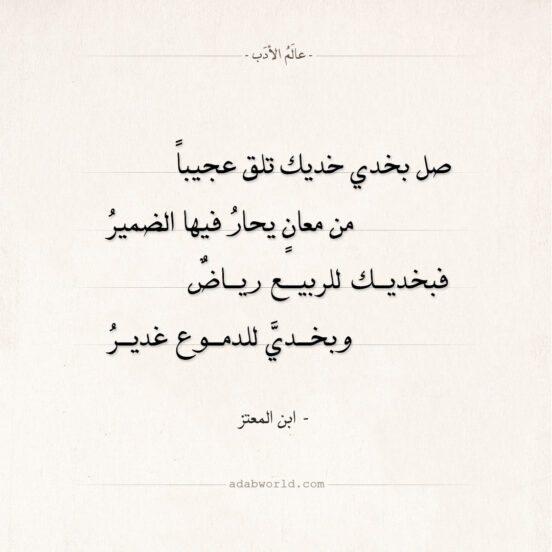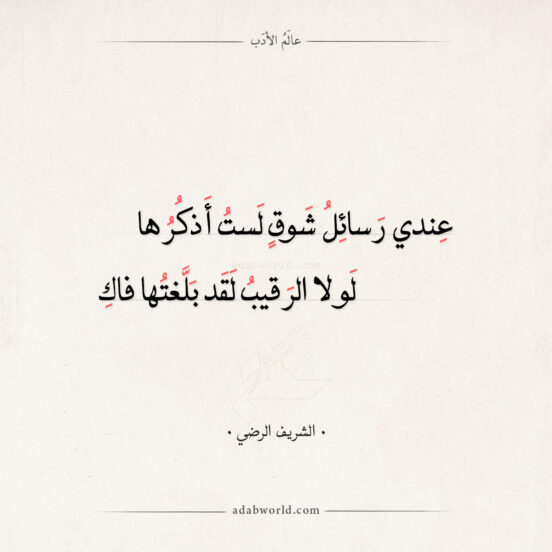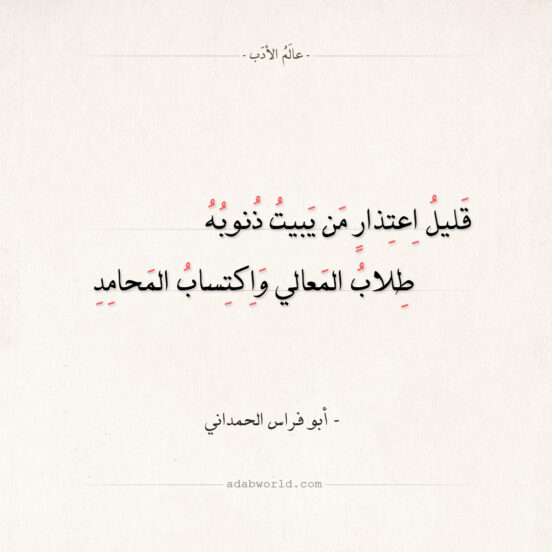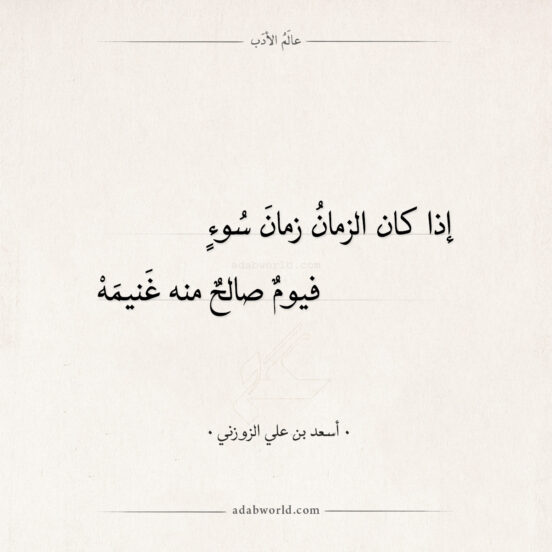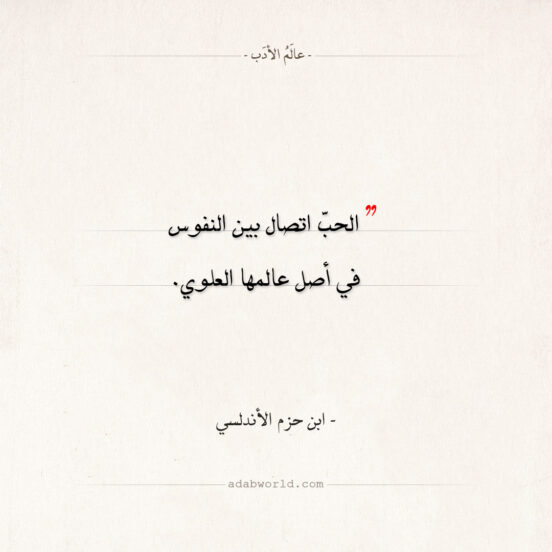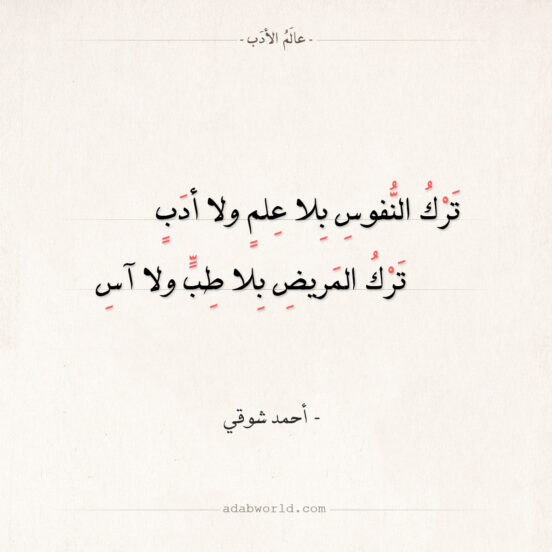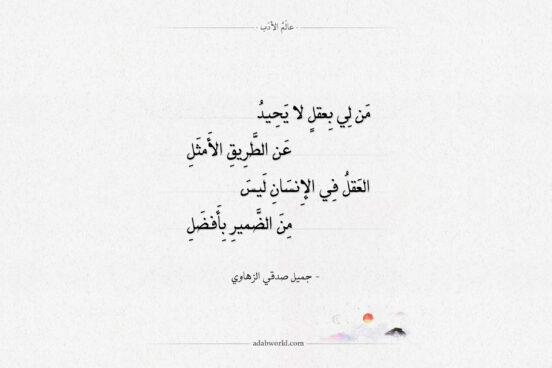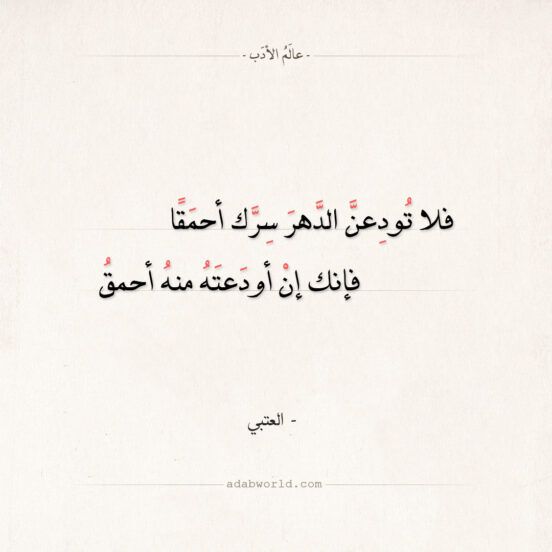والصدقُ أرفع ما اهتز الرجالُ لهُ
وخيرُ ما عوّدَ أبناً في الحياةِ أبُ
وَإِنَّمَا الأُمَمُ الأَخْلاقُ مَا بَقِيَتْ
فَإِنْ هُمُ ذَهَبَتْ أَخْلاقُهُمْ ذَهَبُوا
— أحمد شوقي
شرح الأبيات ومعاني المفردات
معاني المفردات:
- اهتز الرجال له: أي تأثروا به وأعلوا من شأنه.
- عوّد ابناً: علّم ابنه وعوّده على سلوك معين.
- الأمم الأخلاق ما بقيت: بقاء الأمم مرتبط ببقاء أخلاقها.
- ذهبوا: زالوا وانتهوا، أي أن انهيار الأخلاق يؤدي إلى زوال الأمم.
شرح الأبيات
في هذه الأبيات، يرسّخ أحمد شوقي القيم الأخلاقية بوصفها أساسًا للمجتمع والفرد. في البيت الأول، يقدّم الصدق كأعظم الفضائل التي تُكسب الرجال الاحترام، ويشير إلى أنه أهم ما يمكن للأب أن يورثه لابنه، إذ أنه خير تربية وأبقى من أي ميراث مادي.
أما البيت الثاني، فهو حكمة خالدة حيث يؤكد أن بقاء الأمم مرهون ببقاء أخلاقها، فإذا انحطّت الأخلاق، انهارت الأمة واختفت من الوجود.
الأسلوب هنا تعليمي وحكيم، يعتمد على الإيجاز والتركيز على المعاني العميقة، مستخدمًا الجمل الشرطية والمقابلة بين البقاء والزوال، مما يجعل الأبيات شديدة التأثير، ومناسبة لتكون قاعدة أخلاقية تُتناقل عبر الأجيال.
Poem Translation:
Truth is the noblest trait that men uphold,
The finest gift a father’s hands unfold.
Nations, by virtue stand; their honor stays,
Yet lost their morals—lost are they always.
Poem Explanation:
These verses by Ahmed Shawqi emphasize the foundational role of morals in both individuals and societies. The first couplet declares truth as the highest virtue, something that earns respect and strengthens character. He also highlights that a father’s greatest legacy to his child is instilling moral integrity.
The second couplet presents a powerful statement on civilization—nations thrive as long as their moral values endure. However, once morality collapses, so too does the nation itself.
This poem, with its universal wisdom and rhythmic balance, serves as a timeless reflection on the importance of ethical foundations in both personal and societal growth.

